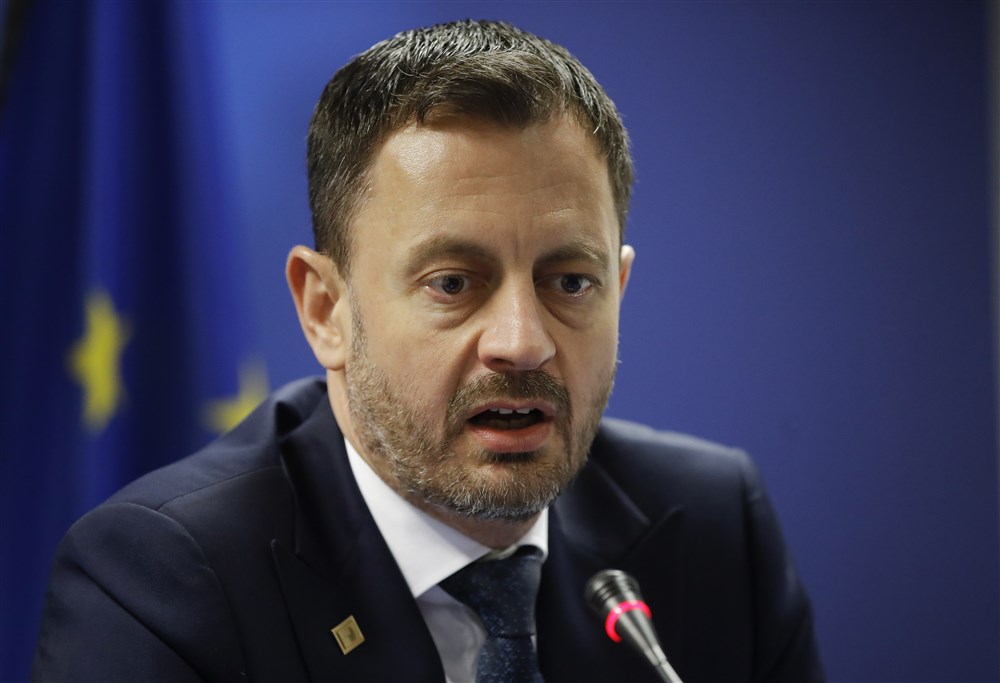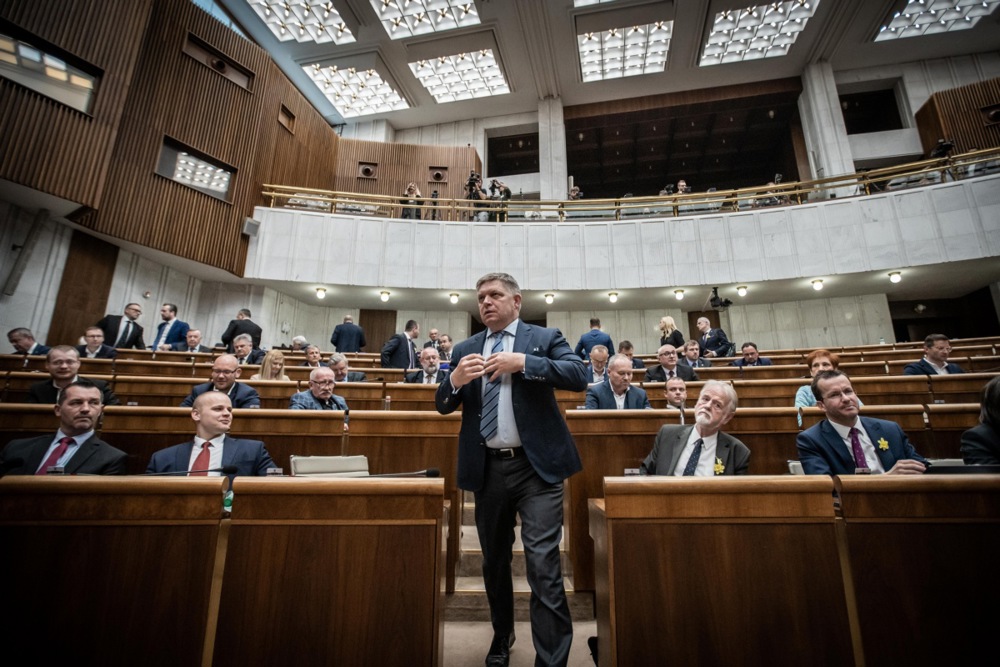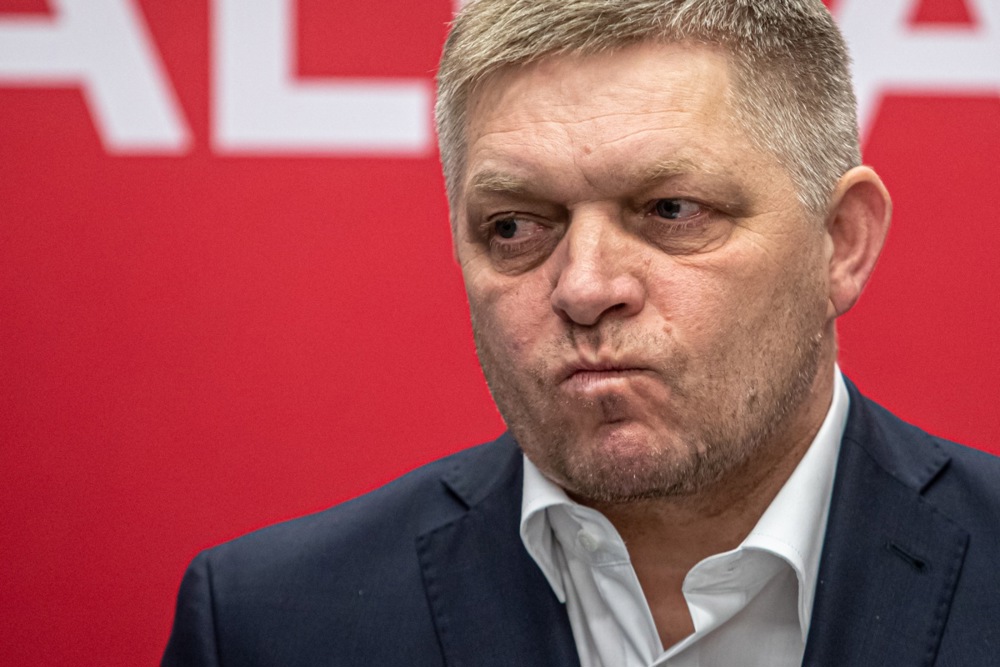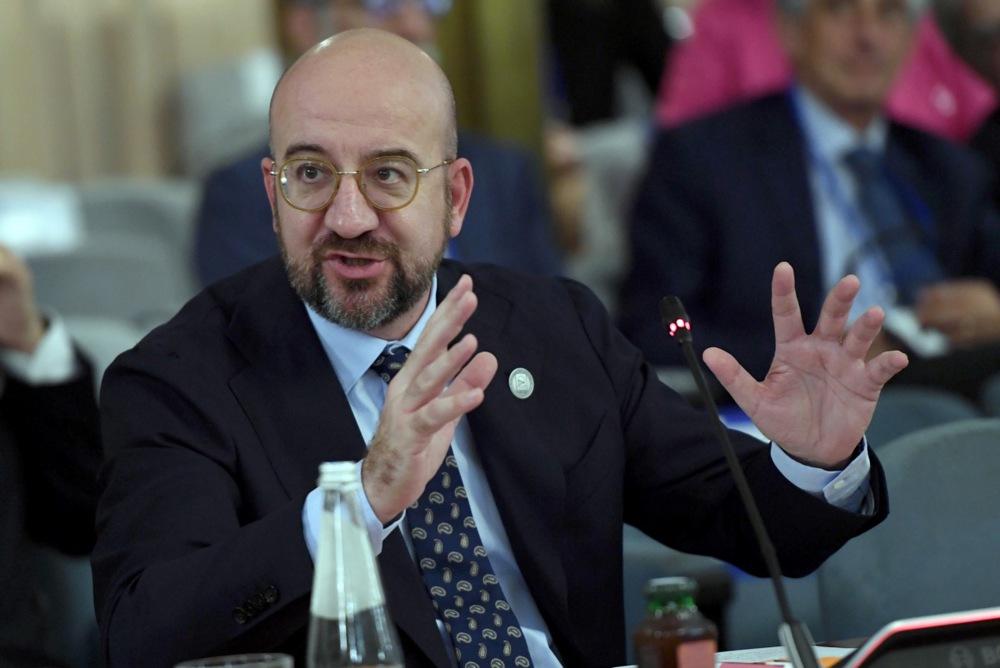Slovakia’s new Prime Minister Robert Fico announced on October 26 that his government will end military aid for Ukraine.
From now on, the Slovak Republic will only deliver humanitarian support to the besieged nation, he said.
“I will support zero military aid to Ukraine … An immediate halt to military operations is the best solution we have for Ukraine. The EU should change from an arms supplier to a peacemaker,” Fico stated.
“The European Union should change its role from a supplier of weapons, which it is now, into a peacemaker.”
A close ally of Ukraine under the previous government, the country’s shift in stance is the fulfilment of an election-campaign promise Fico made.
Going a step further, he has also shown an increasing scepticism towards sanctions against Russia.
“I will not vote for any sanctions against Russia unless we see analyses of their impact on Slovakia,” he said.
“If there are to be such sanctions that will harm us, like most sanctions have, I can see no reason to support them.”
Fico said he is in favour of ending hostilities regardless of “what the plan is”. He claimed it was a matter between Russia and the US and that Ukrainians do not play any significant role regarding ultimate peace talks.
“I do not support any of [Ukraine President Volodymyr] Zelenskyy’s plans because they are absolutely unrealistic in terms of the conditions that are being put forward,” he said.
The Kremlin reacted somewhat cynically to the Slovakian repositioning, in effect minimising its relevance.
“Slovakia did not have such a big share in the supply of weapons, so it will hardly affect the entire process,” Moscow’s spokesman Dmitry Peskov told reporters when asked about Bratislava’s decision.
The small Central European country was noteworthy for being the first NATO member to provide fighter jets to its war-torn neighbour. Relative to its size, it made rather large contributions to Ukraine but, having a small population and limited gross national product, that was modest in absolute numbers.
Fico is now the leader of a new coalition of left-wing and hard-right parties. This will be his fourth stint as Slovakian Prime Minister.
The longest-serving head of state since the fall of Communism, Fico was forced to resign after a wave of mass protests in 2018.
Those were caused by the assassination of the journalist Ján Kuciak and his fiancé after the publication of an in-depth investigation into alleged ties between the then-government and organised crime.
The resulting political chaos and the harsh economic circumstances unleashed by the Covid-19 pandemic, plus Russia’s invasion of Ukraine, enabled Fico to stage his latest comeback.
Robert Fico, the leader of Slovakia’s left-wing Smer party, has said that he would rather see his outfit thrown out of the European Parliament’s Socialist group than support Ukraine in its struggle against Russia. https://t.co/VVxWXhRNsc
— Brussels Signal (@brusselssignal) October 4, 2023





